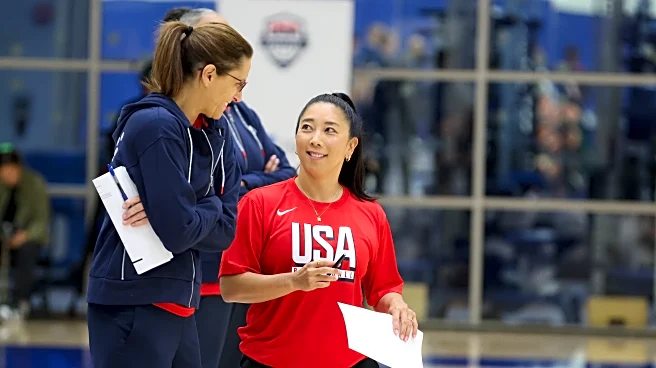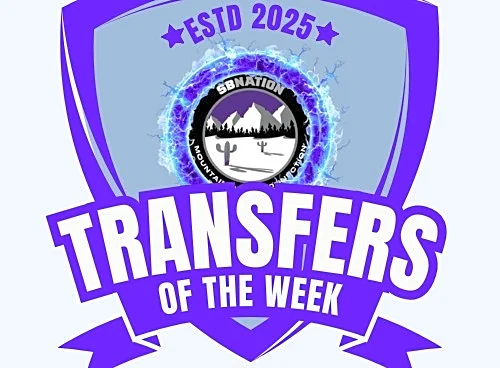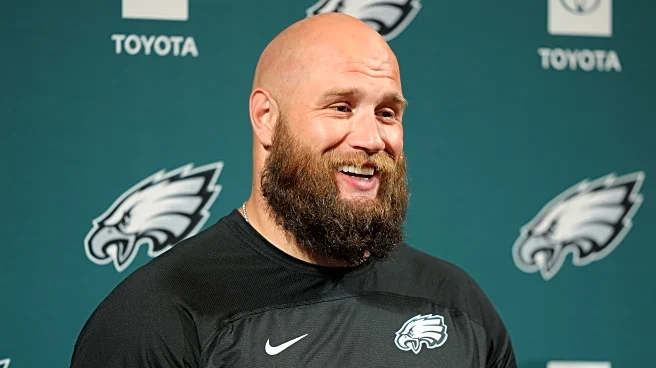What's Happening?
In the wake of conservative influencer Charlie Kirk's assassination, over thirty individuals across the United States have faced job terminations, administrative leave, or investigations due to their social media posts. These posts either criticized Kirk or expressed satisfaction over his death. The affected individuals include public school teachers, military personnel, a sports reporter, and others. The situation has been exacerbated by conservative activists and influencers who are actively identifying and publicizing these posts, urging employers to take action. Notable figures like U.S. Senator Marsha Blackburn have publicly called for the dismissal of individuals in their respective states. The controversy has sparked a broader debate about free speech and the consequences of online expressions.
Why It's Important?
This development highlights the tension between free speech and professional accountability in the digital age. The incident underscores the potential repercussions of social media activity on employment, especially when it involves controversial figures or events. The firings and investigations reflect a growing trend where online behavior can lead to real-world consequences, affecting job security and personal safety. This situation also raises questions about the role of employers in policing employees' social media conduct and the balance between personal expression and professional responsibilities. The broader implications for public discourse and the potential chilling effect on free speech are significant, as individuals may become more cautious about expressing their views online.
What's Next?
The ongoing scrutiny of social media posts related to Charlie Kirk's assassination is likely to continue, with more individuals potentially facing similar consequences. Employers may need to establish clearer guidelines regarding acceptable online behavior to navigate the complexities of free speech and professional conduct. Additionally, there may be increased calls for legislative or policy interventions to address the balance between free expression and accountability. The situation could also prompt discussions about the ethical responsibilities of social media platforms in moderating content and the role of public figures in influencing public discourse.
Beyond the Headlines
The incident raises ethical questions about the limits of free speech and the potential for overreach in punishing individuals for their online expressions. It also highlights the cultural and political divides in the U.S., where differing views on controversial figures can lead to significant personal and professional consequences. The use of social media as a tool for public shaming and accountability reflects broader societal shifts in how information is shared and consumed, with implications for privacy, reputation, and the nature of public debate.











